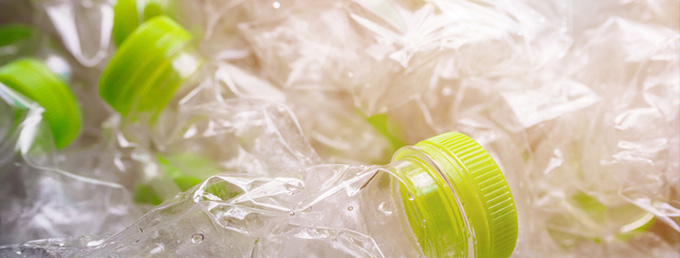Land & Waste
Korea is proud of having the world’s most advanced waste management system in place. Decades-long separate disposal system for recyclable wastes and volume-based garbage fees for general and food wastes are the two pillars of the country’s wastes management. Korea’s extended producer responsibility (EPR) scheme imposes product manufacturers the obligation to collect and recycle the wastes derived from their products. An increasingly stricter restriction is applied on the use of singleuse goods such as drink cups in coffee shops and plastic bags in supermarkets. A half of the total waste amount in Korea comes from construction sites. The legal requirement of using recycled aggregates in public and private construction projects promotes the maximum recycling of the construction wastes. In recent years, policies to manage resources throughout their entire life cycle have been newly introduced and implemented with the aim of building a circular economy where resources are reused and recycled instead of ending up in a dump. Businesses generating large amount of wastes are given an individual recycling target to meet, and products are required to be easy to recycle from their designing state. In 2017, each Korean citizen discharged 1.02 kilograms of household wastes daily, only a third the amount in 1991. During the same period, Korea’s waste recycling rate increased up to 86%.
Goals and Measures
In Korea, as in the rest of the world, plastic waste is a priority concern that is taken very seriously. By 2030, Korea aims to reduce plastic wastes by 50% and recycle 70% of the waste plastics. The Comprehensive Measures of Waste Recycling announced in 2018 set a series of policy actions to be implemented in each stage of resource cycle from production, consumption, disposal, collection/ separation to recycling.
-
Production
Assess the recyclability of all packaging materials including PET bottles, based on which manufacturers pay the recycling charges at different rates. By 2020, all colored plastic beverage bottles will be replaced with transparent ones which are easier to recycle
-
Consumption
Introduce recycling standards for postal and delivery packaging. Increase the number and types of businesses that are required to refrain from using singleuse plastics. In 2022, Korea will consume 35% less plastic cups and bags than it is using now
-
Disposal
Help people learn and practice the right way to separate recyclables and discharge wastes by providing user-friendly guides and smartphone apps. Empower local governments and communities to handle local wastes
-
Recycling
Expand the EPR scheme to include more plastic products. Support the stable operation of recycling market through close price monitoring and proactive responses. Invest more in innovative recycling technologies





